African Bamboo is founded on the principles of sustainability and the creation of positive social- and environmental impacts as defined by the UN Sustainable Development Goals (SDGs).
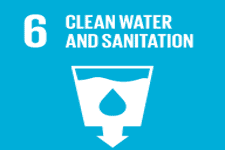
- Our forest operations comprises 17,105,000 ha of the Greater Genale-Dawa river basin, draining into the R. Jubba, before discharging into the Indian Ocean in southern Somalia.
- Our project site lies within two main watersheds of the R. Genale, which in turn comprise 12 minor sub-watersheds. In these forests, our operations reduce water runoff while maintaining and enhancing water content in the soil. This results in an enhanced local climate and precipitation.
- Our bamboo litter retains ~90% of rainfall, demonstrating our significant contribution to water conservation.
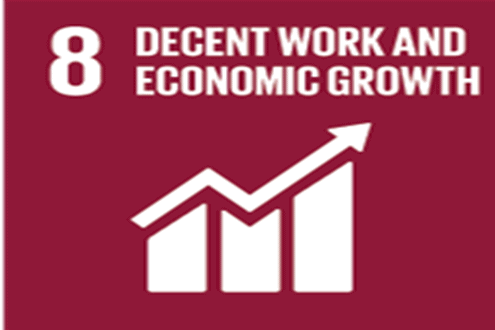
- 4,500 permanent full-time jobs created with 50% female representation and over €11 million annual salaries paid
- Household income of over 12,000 farmers supplemented by 3 months’ worth of income for 1 week of work. Total beneficiaries over 10 years exceeding 30,000 people with total financial benefit of €80 million
- Contributing €87M revenue annual foreign trade surplus to Ethiopian economy
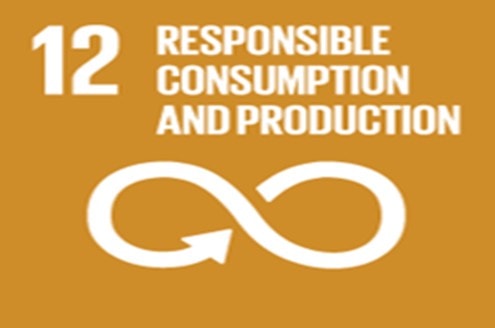
- 650,000 m³ p.a. FSC-certified bamboo sustainably supplied and processed locally
- Clean energy and zero-waste through bioenergy generation per annum of approximately 12,900MWh/y electricity and 136,500 GJ/y heat.
- Bamboo products fully recyclable in cascading use (e.g. 1st life: strips, 2nd life: fibers, 3rd life: strands, 4th life: pellets) or biodegradable
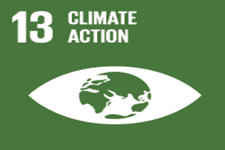
- Carbon sequestration through establishing permanent bamboo plantations (113 tons per hectare), substituting fossil fuels with bioenergy (267 tons per GWh), and storing carbon in long-lasting bamboo products (3.5 tons per m³)
- Promoting diversified agricultural production and restoration of former forest with native species
- Afforestation to contribute to more stable water flows
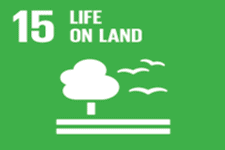
- Protection of 20,000 ha of ericaceous forest through joint community management and restoration of 5,000 ha degraded lands under native bamboo cover, reconnecting fragmented landscape
- Regeneration and sustainable forestry of up to 13,840 ha in Sidama and Oromia
- Wildlife conservation action plans to protect endangered species and sustain biodiversity